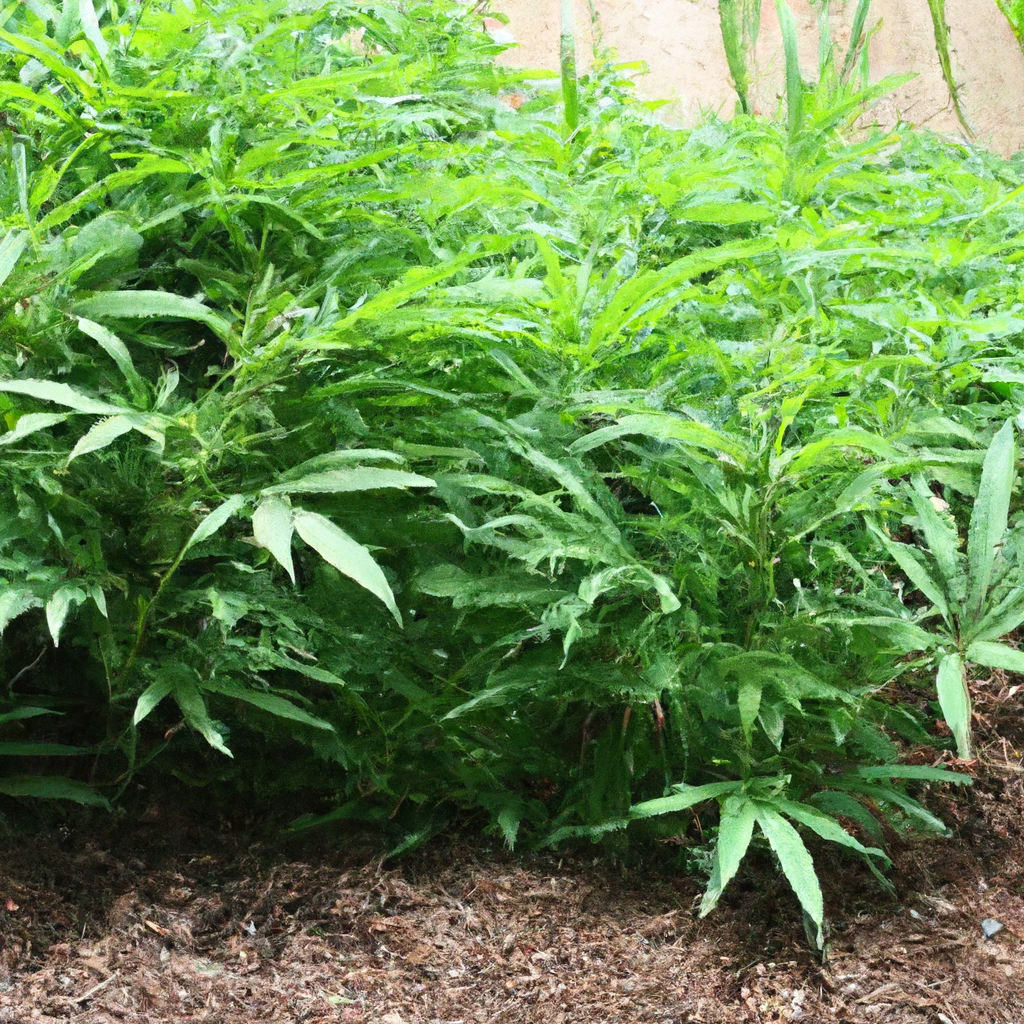Your cart is currently empty!
As the cannabis industry continues to grow, there is an increasing demand for sustainable and eco-friendly cultivation methods. This article explores best practices for organic cannabis cultivation, focusing on using natural fertilizers, compost, and pest control methods. By following these practices, cultivators can create a thriving ecosystem that benefits both the environment and consumers.
Building a Healthy Soil Ecosystem
Healthy soil is the foundation of successful organic cannabis cultivation. Here are some tips for building a rich and fertile soil ecosystem:
- Composting: Utilize organic waste materials such as vegetable scraps, coffee grounds, and leaves to create nutrient-rich compost. This natural fertilizer enhances soil structure and boosts microbial activity.
- Cover Crops: Plant cover crops like clover or alfalfa to prevent soil erosion, suppress weeds, and increase nitrogen levels naturally.
- Mulching: Apply organic mulch, such as straw or wood chips, to retain soil moisture, regulate temperature, and add organic matter as it decomposes.
Natural Pest Control Methods
Managing pests without synthetic chemicals is a key component of organic cultivation. Implement these natural pest control strategies:
- Companion Planting: Introduce plants such as marigolds and basil that naturally repel common cannabis pests.
- Beneficial Insects: Encourage a population of beneficial insects like ladybugs and predatory mites to control pests naturally.
- Neem Oil: Use organic neem oil as a preventive measure against common pests like aphids and spider mites.
Benefits of Organic Cannabis
Choosing organic cultivation methods offers numerous advantages. Let’s explore some of the most impactful benefits:
- Environmental Impact: Organic farming practices reduce chemical runoff and promote biodiversity, contributing positively to the ecosystem.
- Consumer Health: Cannabis grown organically is free from harmful pesticides and chemicals, providing a cleaner product for consumers.
- Soil Health: Maintaining rich, organic soil ensures long-term fertility and vitality of the cultivation site.
Conclusion
Organic cannabis cultivation is not only beneficial to the environment but also leads to a superior product for consumers. By implementing natural fertilizers, compost, and pest control strategies, cultivators can build a thriving, sustainable ecosystem. Embrace organic methods for a greener future.
Discover more from Magic Clones
Subscribe to get the latest posts sent to your email.


Leave a Reply